This Women’s History Month 2023, I am saluting Texas Highways magazine for its ongoing commitment to creating editorial opportunities for Black women journalists, such as me. Thank you, Matt Joyce, my former editor, for opening this wonderful opportunity to me! Joyce was a patient editor and he helped me learn the nuances of reporting in the “as-told-to” format. When I needed journalism work, Texas Highways contracted me to report substantial assignments, including fact-checking gigs and web stories. Moreover, I landed and contributed to a range of projects, including traveling to Terrell, Palestine, Abilene, and Kaufman for “My Hometown” profiles.Last fall, I trekked to Kaufman to interview Hector Torres for Texas Highways' February 2023 issue. I discovered that Kaufman was a friendly place, and Torres’ rich life story was bonded with loving-familial connections, self-empowerment, business leadership, and civic power. I am using my journalism experience to build a new foundation and to earn a doctoral degree in history at the University of North Texas. My goal is to become a professor in African American history in Texas. Furthermore, Joyce championed my graduate history studies by writing recommendation letters. I started my graduate studies in 2021 at UT Arlington thanks to scholarships from Dr. W. Marvin Dulaney. I am pursuing this degree because of the encouragement from my late mentor and former Abilene Christian University media law professor, Dr. Charlie Marler. View my other Texas Highways' work here
0 Comments
From Journalism to African American History in TexasI am proud to announce I was awarded a scholarship from the Dulaney Family Fund for my fall 2021 graduate studies in history at the University of Texas at Arlington. I received the scholarship in August 2021 from UTA Professor Emeritus William Dulaney, Ph.D., who is also Deputy Director/COO of the African American Museum of Dallas. Download my map quiz here.Currently, I am enrolled part-time in the master’s in history program at UTA. My long-term goal is to earn a doctorate degree specializing in African American history in Texas. I decided to follow the advice of my former Abilene Christian University Communication Law Professor Dr. Charles Marler, who encouraged me to pursue becoming an African American historian. He said there aren't enough Black historians and that I had the wherewithal to become one. Wow! He shared that advice after I told him about two of my Texas Highways magazine stories. I listened and am almost finished with my first semester. Returning to graduate school was definitely the right step. The courses are intellectually satisfying and I am well-suited to part-time graduate work. Watch video of Dr. Marler discussing libel.Narrative: The heart of history and journalismJust like in journalism, the narrative or story is at the heart of a history thesis or argument. And, as importantly, I use my award-winning journalism expertise in fascinating new ways in my history courses. For example, I recently posted two summaries of two history book reviews on a discussion board. I wrote several historiography papers that analyzed various themes. In each instance, my journalism background served me well in synthesizing complex information. One of the reasons Dr. Marler advised me to consider graduate work in history is because he had studied "journalism and Black history at the University of Missouri-Columbia," which he wrote about in my recommendation letter. I was so impressed that he had studied Black history in graduate school. He also shared that well-known axiom, "Journalism is the first rough draft of history." When I graduated with my M.A. in Journalism Administration degree from the University of Memphis, I sensed I would return to a university to learn more about the art and craft of the narrative. This time, I am aiming for a doctorate in history because of the abundant overlooked, underreported, and forgotten African American history in Texas content yet to be discovered, researched, and published. I look forward to one day researching, writing and teaching that history on all platforms, in and outside of academia. Meanwhile, I keep helping organizations and clients tell important stories while enjoying a new take on a familiar ride. Learn More:
Read my other UTA graduate school recommendations:
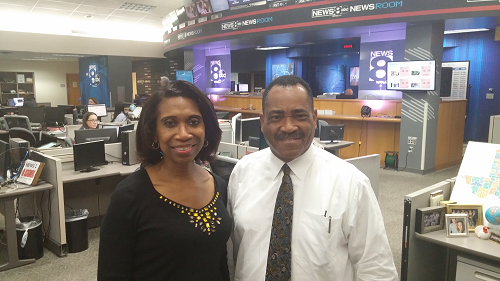 Thankful for the opportunity to work with a great journalist and leader, John McCaa, during the Dallas police ambush coverage. Photo taken in August 2016. Thankful for the opportunity to work with a great journalist and leader, John McCaa, during the Dallas police ambush coverage. Photo taken in August 2016. Now that WFAA-TV news anchor John McCaa has signed off for the last time on March 1, 2019, his history-making tenure will be remembered. McCaa told D Magazine’s Tim Rogers that he’s a “pretty emotional guy" and his farewell was indeed, emotional. That's understandable, after all, he worked at WFAA for 35 years, bringing good journalism to North Texas. I had the privilege of working with McCaa during a series of contract gigs at Channel 8 that involved the assignment desk. The best description of what working on the assignment desk is comes from one of my esteemed Abilene Christian University journalism professors, Dr. Charles Marler—it’s “like an octopus.” For example, the Desk: • Manages day-to-day and breaking news assignments for TV news crews. • Navigates Twitter and Facebook for updates. • Vets information across a host of databases. • Provides research support by phone. My most-memorable-McCaa moment was during WFAA’s coverage of the Dallas police ambush in the summer of 2016. This tragic event brought the newsroom to a collective heartfelt loss, for all those who were killed and injured. There were other emotions that elevated us: admiration and respect for the videographers and reporters who were on the scene that fateful day, July 7, 2016. In the midst of handling logistics, gathering details of funeral arrangements and verifying other information for producers, I witnessed McCaa’s calm leadership during our team briefings. Having worked in journalism for a variety of news organizations such as: KRBC-TV in Abilene, WPTY-TV, WLOK and WGKX radio stations in Memphis, FayObserver.com in Fayetteville, North Carolina, as well as The Associated Press in Jackson, Mississippi, and Dallas, (not to mention a wealth of freelance gigs), by far the Dallas police ambush story was the toughest to cover. McCaa brought experience gained from other challenging assignments in his long career to this tragic event in Dallas. He writes that retiring from television news after more than 42 years is “not easy.” However, he sensed that God “decided it was time” and he’s being obedient. I am thrilled that my career dovetailed with his and that I gained so much from being in the newsroom during his tenure. His TV news experience, his depth of knowledge and his caring spirit elevated the environment and the newscast. Every time. Thank you for your service. #ThanksJohn (c) March 2019 Harvest Reapers Communications. All Rights Reserved.
To register your team for Saturday's Bowl-a-thon, click here. Team preregistration is highly encouraged to ensure participation.(c) HarvestReapers.com, June 14, 2017. All Rights Reserved.
During my Feb. 19, 2011 visit to the Newseum in Washington, DC, I met Belva Davis, the first black female TV journalist in the western United States. Ms. Davis was promoting her memoir “Never in My Wildest Dreams: A Black Woman’s Life in Journalism,” which was written with veteran journalist and editor Vicki Haddock. The Newseum is a breath-taking interactive museum of news. I happened to fortuitously hear the announcement that Ms. Davis would be taping a television interview in the Knight Studios at the Newseum that afternoon. “Never in My wildest Dreams” chronicles the rugged path she endured en route to achieving her journalistic milestone. The book describes some of the hardships and indignities she endured, such as when she and then-KDIA news director Louis Freeman, also an African-American, were driven from the 1964 Republican national convention by a group of attendees hurling racial epithets. Ms. Davis is married to veteran photojournalist, William Moore, whom I also had the pleasure of meeting during the book signing at the Newseum, a double treat. While reading her book, I was struck by the fact that I never heard of her in any of my collegiate journalism studies. If I hadn’t been in Washington, DC that February day, I would have missed meeting two American journalism pioneers. I just hope our textbooks are being updated to acknowledge their contributions to journalism and American history. Thanks for all your hard work and fortitude! Check out these links: Belva Davis's website: http://www.belvadavis.com/ The Newseum, Washington, DC: http://www.newseum.org/index.html National Association of Black Journalists's Hall of Fame (2008), http://www.nabj.org/?page=HallOfFame 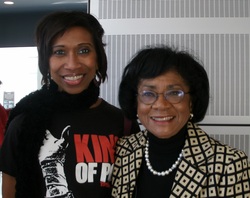 I am with Ms. Belva Davis, a pioneer who withstood numerous indignities on the road to becoming the first African-American woman television journalist in the western United States. Photographed on Feb. 19, 2011 at the Newseum in Washington, DC. I am with Ms. Belva Davis, a pioneer who withstood numerous indignities on the road to becoming the first African-American woman television journalist in the western United States. Photographed on Feb. 19, 2011 at the Newseum in Washington, DC. |
About the Author:Regina L. Burns, M.A., Project+, is an award-winning multimedia editor and journalist, specializing in Black history and African American stories at Harvest Reapers Communications. Her work has been published in Texas Highways magazine, WFAA-TV, The Dallas Morning News, the Fort Worth Star-Telegram as well as The Commercial Appeal, the Tri-State Defender and The Flyer, among others. Categories
All
Archives
January 2024
|

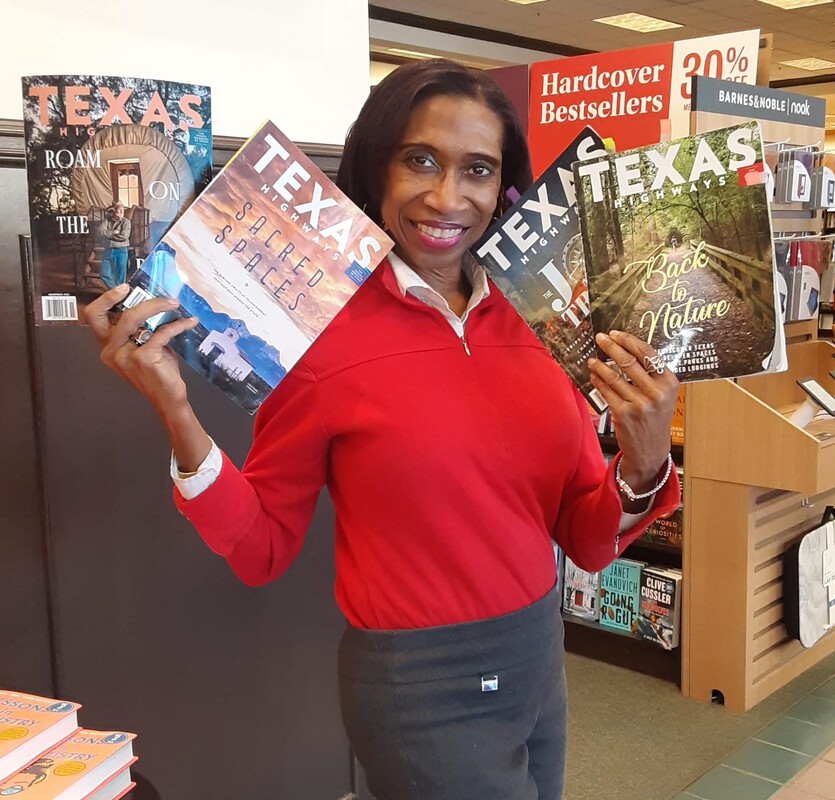
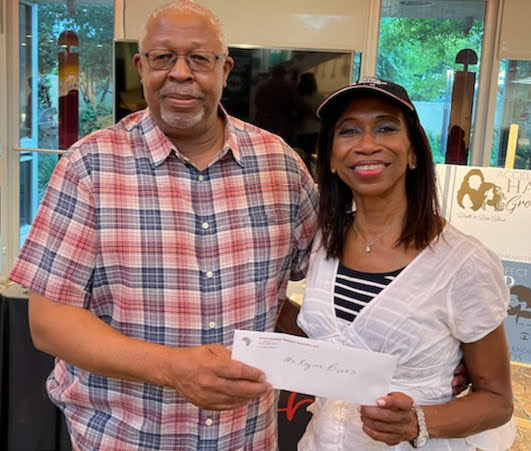
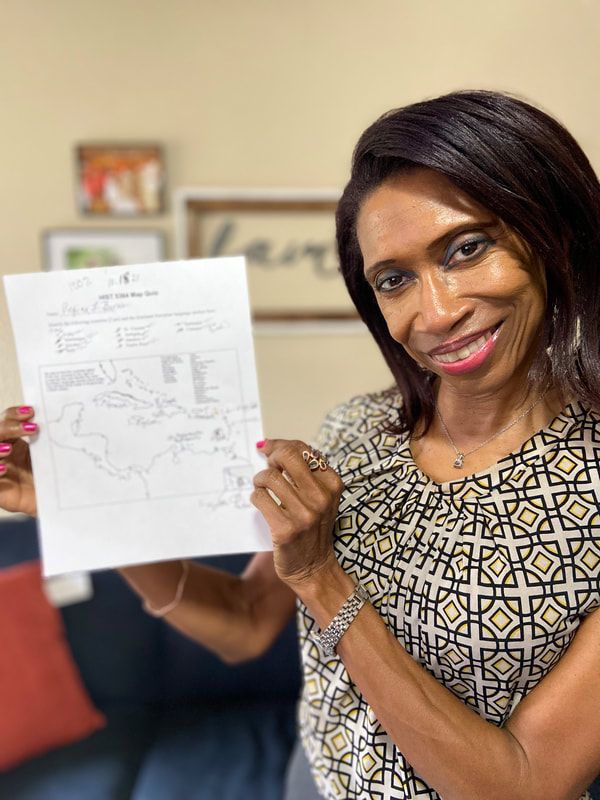
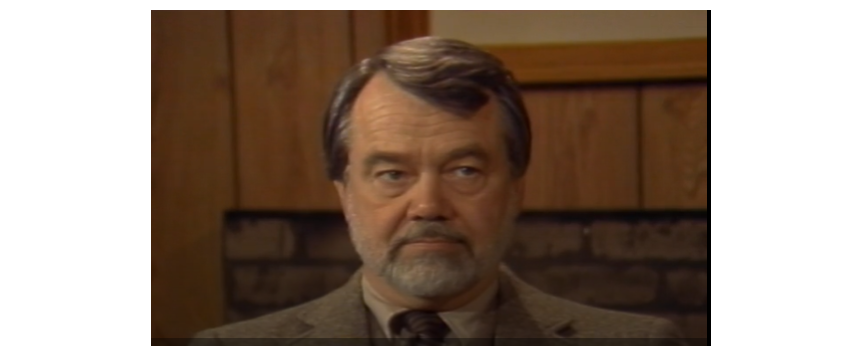
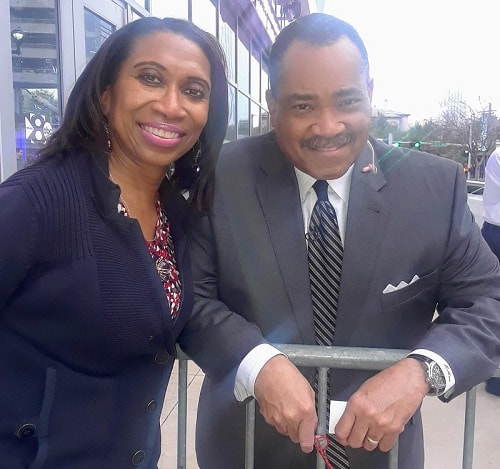

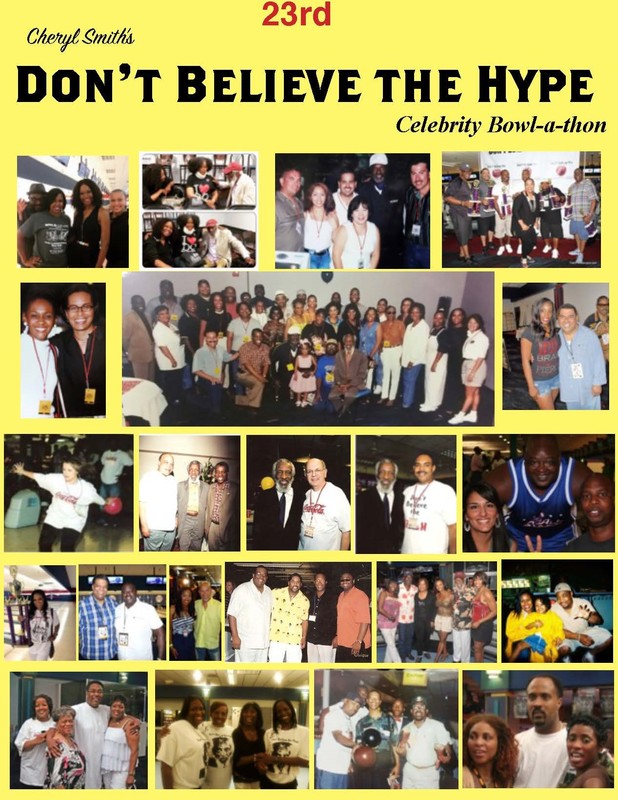
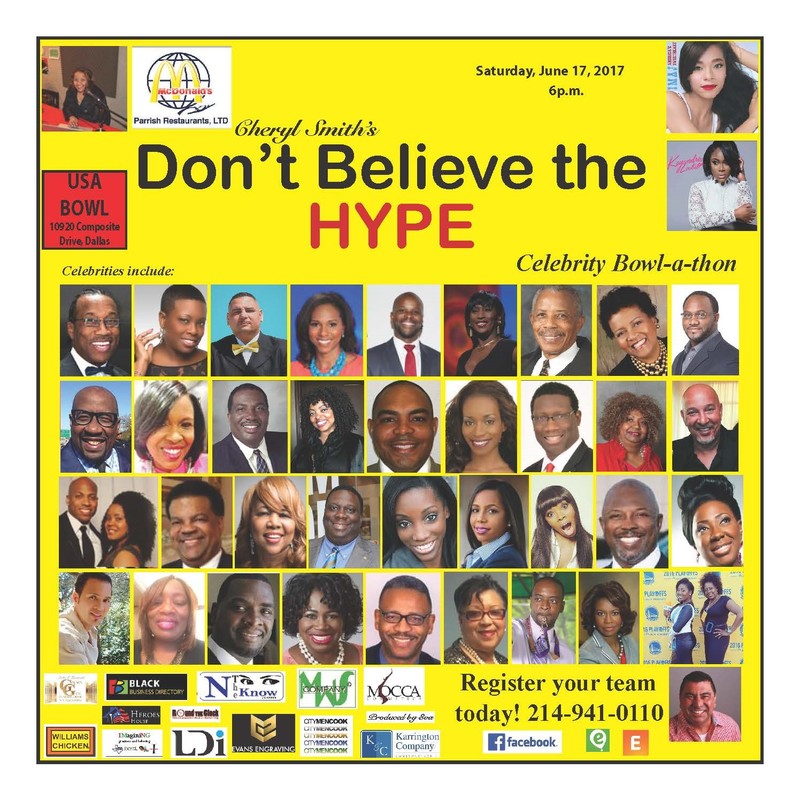
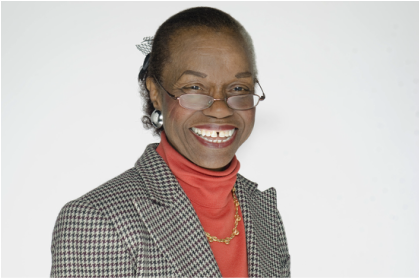

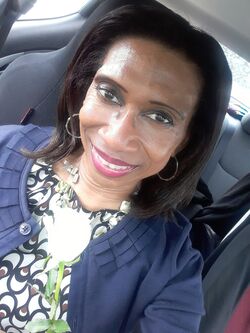
 RSS Feed
RSS Feed